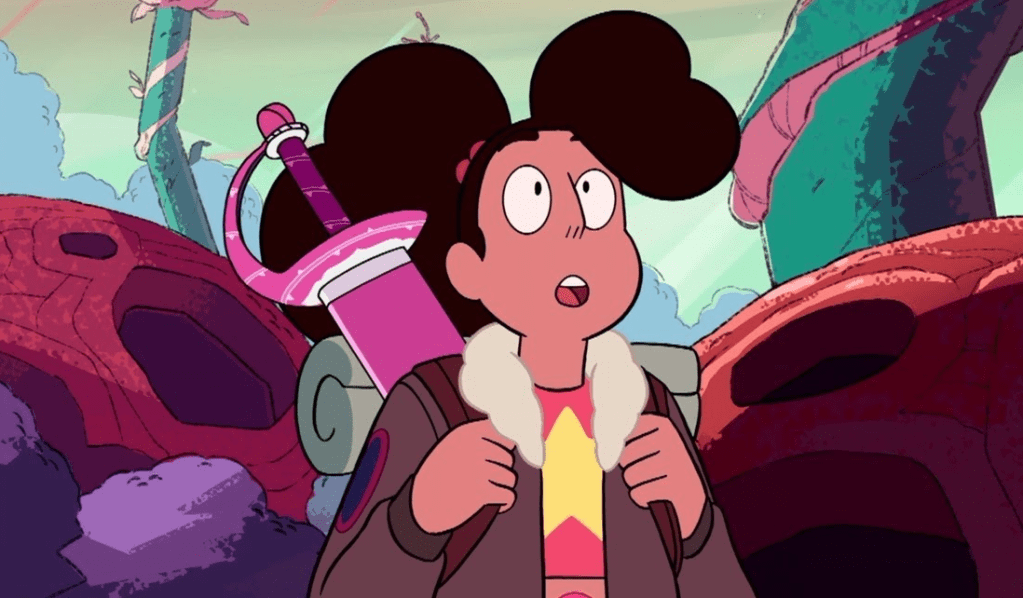
“I want to create the content I didn’t have while growing up.”
Janet Mock
Research, research, RESEARCH—it’s the stuff that dreams are made of. As a global population, we deify research with a capacity for ultimate Truth. When researchers found that French folx had lower rates of heart disease, despite their high rates of saturated fat and cholesterol consumption, and correlated those findings to health benefits from red wine (instead of whole food diets or healthier living), merlots, pinot noirs, and cab savs (cabernet sauvignon) flew off the shelves. Antioxidants became the buzz word from this study, and because of research, red wine became associated with health.
In practice, research is a multifaceted approach to understanding the unknown, with a myriad of good, bad, and ugly characteristics that need to be acknowledged.
Without research, we would still be using leeches and bloodletting to treat headaches and ear infections. Research (with a capital ‘r’), has brought about advances in medicine, technology, therapeutic interventions, and food development, to name a few. It is responsible for the internet (probably), documentaries, and conservation efforts. Without research, we wouldn’t have language to talk about systemic oppression or econometrics. Neither linguistics nor chemistry would be a thing, and television shows that rely heavily on research, such as Adam Ruins Everything and LastWeekTonight, wouldn’t have anything to talk about. Research shapes the advances that push our society forward and prevents or mitigates forces that endanger our survival.
At Out of Yer Shell, we love research—heart emojis and all.
That being said, research has its bruises, blemishes, and dirty little secrets. In her profound and pertinent book, Decolonizing Methodologies: Research and Indigenous People, Dr. Linda Tuhiwai Smith laments about how research is generally conducted by a homogeneous group of people (generally, white, cis, heterosexual men), thereby denying marginalized communities the ability to tell their own stories. Within the world of research, queer voices are still few and far between, and most of what is written about our community comes from individuals who talk about us as, to use Dr. Smith’s phrasing, “the Other.” Assumptions of whiteness, hetero and cisnormativity, and ableism color much of the current information about trans and gender non-conforming (GNC) youth, and therefore perpetuate monolithic narratives and inaccurate characterizations of our community.
To make a long story short, we need more queer voices in research—not just for representation’s sake, but also to advance the health and well-being of folx in the community.
One of the biggest concerns facing trans and GNC youth is that 30-51% of adolescents attempt suicide at least once in their lifetime. These are kids we’re talking about—kids who are so miserable that they’ve tried or will try to kill themselves. That number does not include how many trans and GNC kids contemplate suicide or engage in self-harm—and truth be told, we think that number is low.
Research is fairly comprehensive when it comes to churning out gut-wrenching statistics about how bad queer kids have it: we know that 40% of youth experiencing homelessness identify as LGBTQIA+, even though they only make up 10% of the overall population. We know that queer youth are two to three times more likely to experience suicidal ideation and completion than their cis, heterosexual peers. We know that Queer Battle Fatigue (the buildup of microaggressions over time), bullying, and living in a transphobic and homophobic society cause queer kids to attempt and contemplate suicide.
We get it. The question nobody is currently studying is: “how do we stop it?”
Out of Yer Shell, among other things, is a speedy response to this question. It is a road map for folx, their families, and those who support them to improve the quality of life for trans and GNC people, and hopefully reduce our rates of suicide and suicidal ideation. As wonderful and beneficial as research is, it takes a looooooooooooooooooooong time to conduct, publish, and integrate into mainstream practice. If we were to wait for yoga or mindfulness to be validated as evidence-based interventions for gender dysphoria, we’d let another 20 years go by.
We value research, and its place within the fields of science and mental health, but we also understand that our need is far too great to wait any longer for research to save our kids. For these reasons and many more, our program uses a mix of research and personal experience to provide resources and supports to trans and GNC folx, their families, and the other practitioners and systems who interact with them.
